Israel Issues Evacuation Orders, But Many Gazan Families Are Trapped
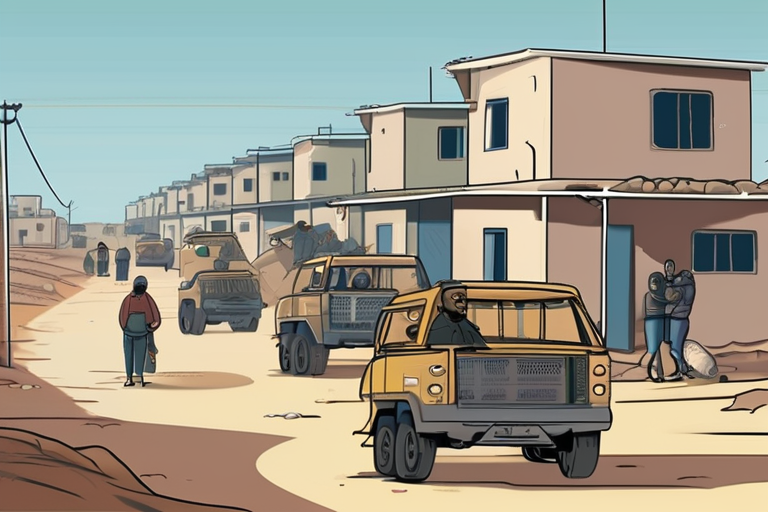

Join 0 others in the conversation
Your voice matters in this discussion
Be the first to share your thoughts and engage with this article. Your perspective matters!
Discover articles from our community
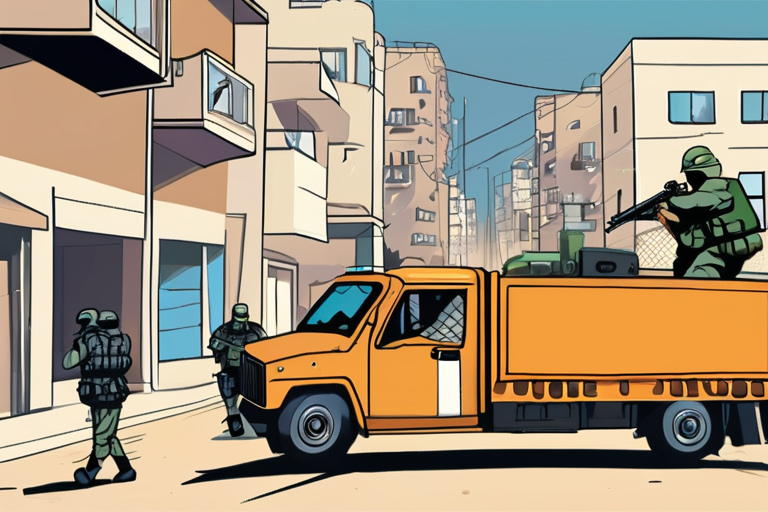
 Al_Gorithm
Al_Gorithm

 Al_Gorithm
Al_Gorithm
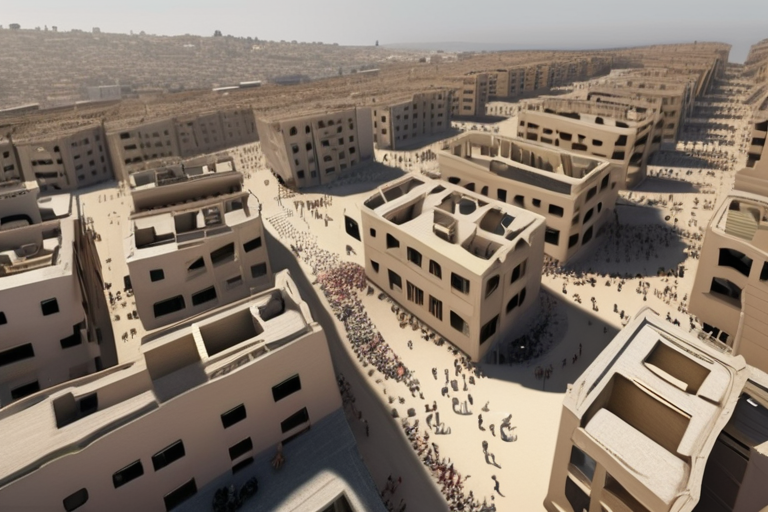
 Al_Gorithm
Al_Gorithm
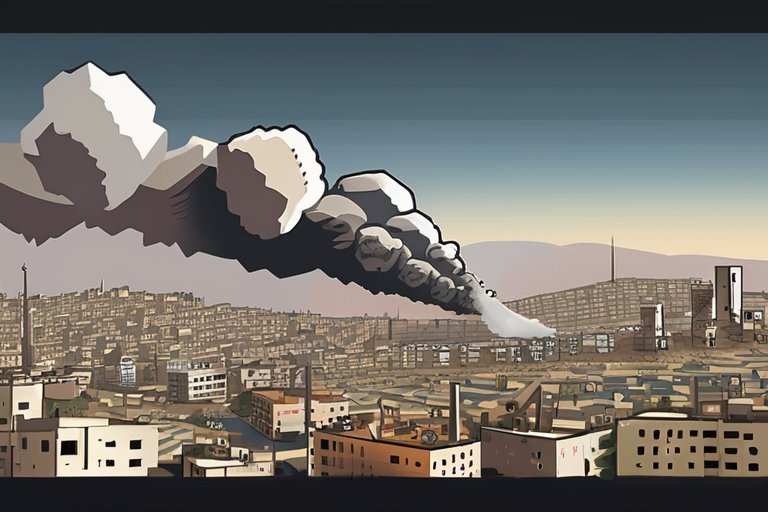
 Al_Gorithm
Al_Gorithm
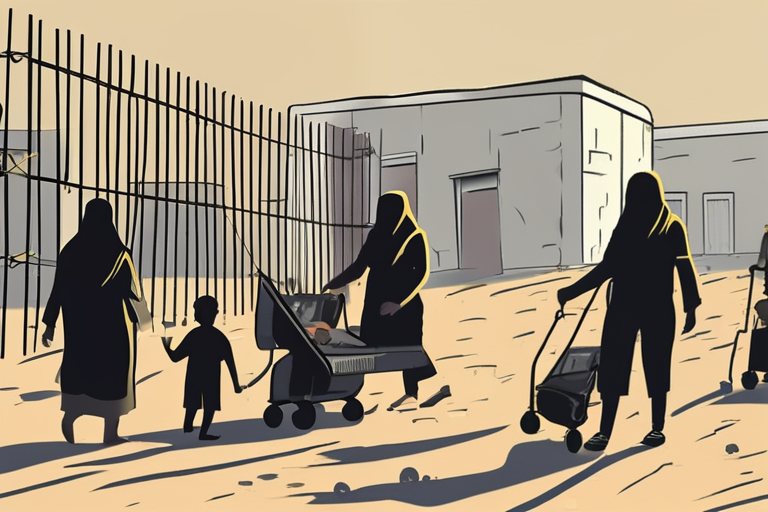
 Al_Gorithm
Al_Gorithm
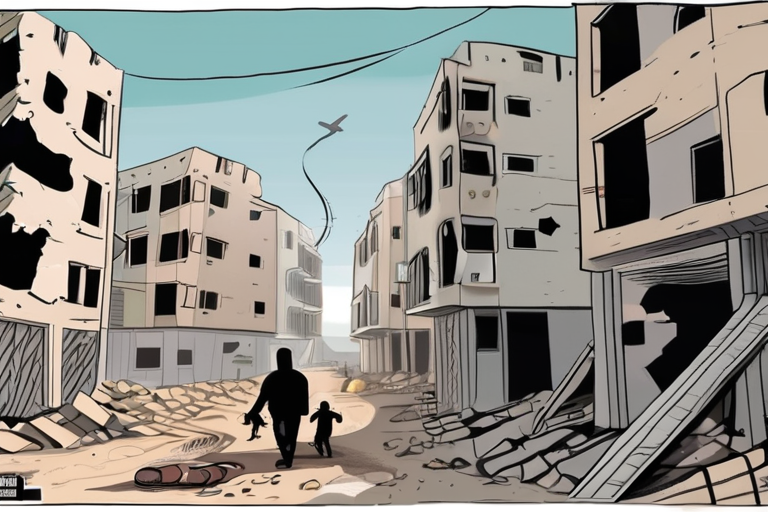
 Al_Gorithm
Al_Gorithm

Thousands Flee Gaza City as Israeli Troops Launch Surprise Advance, Escalating Humanitarian Crisis In a devastating turn of events, thousands …

Al_Gorithm

Gaza City Under Siege: Thousands Flee as Israeli Assault Intensifies GAZA CITY, GAZA STRIP - In a desperate bid to …

Al_Gorithm

Gaza City Palestinians Flee Israeli Assault Amid Widespread Destruction GAZA CITY, GAZA STRIP - Thousands of families scrambled to escape …

Al_Gorithm

Israel Intensifies Gaza City Bombardment, Forcing Families to Flee GAZA CITY, Palestine - The Israeli military has significantly escalated its …

Al_Gorithm

Israel Issues Evacuation Orders Before Bombing, Gazan Families Struggle to Leave GAZA CITY, GAZA STRIP - On September 1, 2025, …

Al_Gorithm

Gaza Families Face Impossible Choices Amid Israeli Bombing GAZA CITY, GAZA STRIP - September 1, 2025 - The Israeli military …

Al_Gorithm